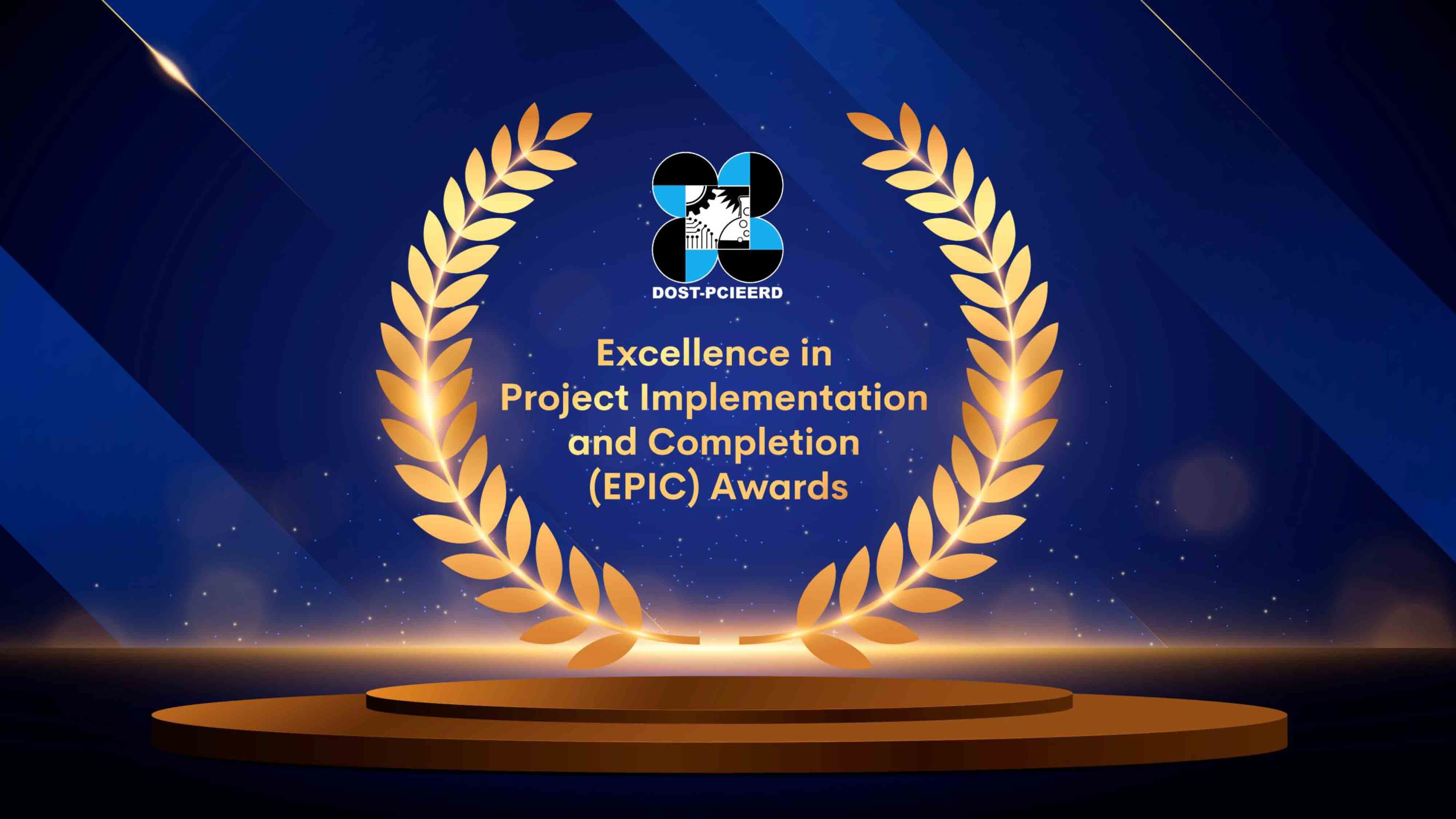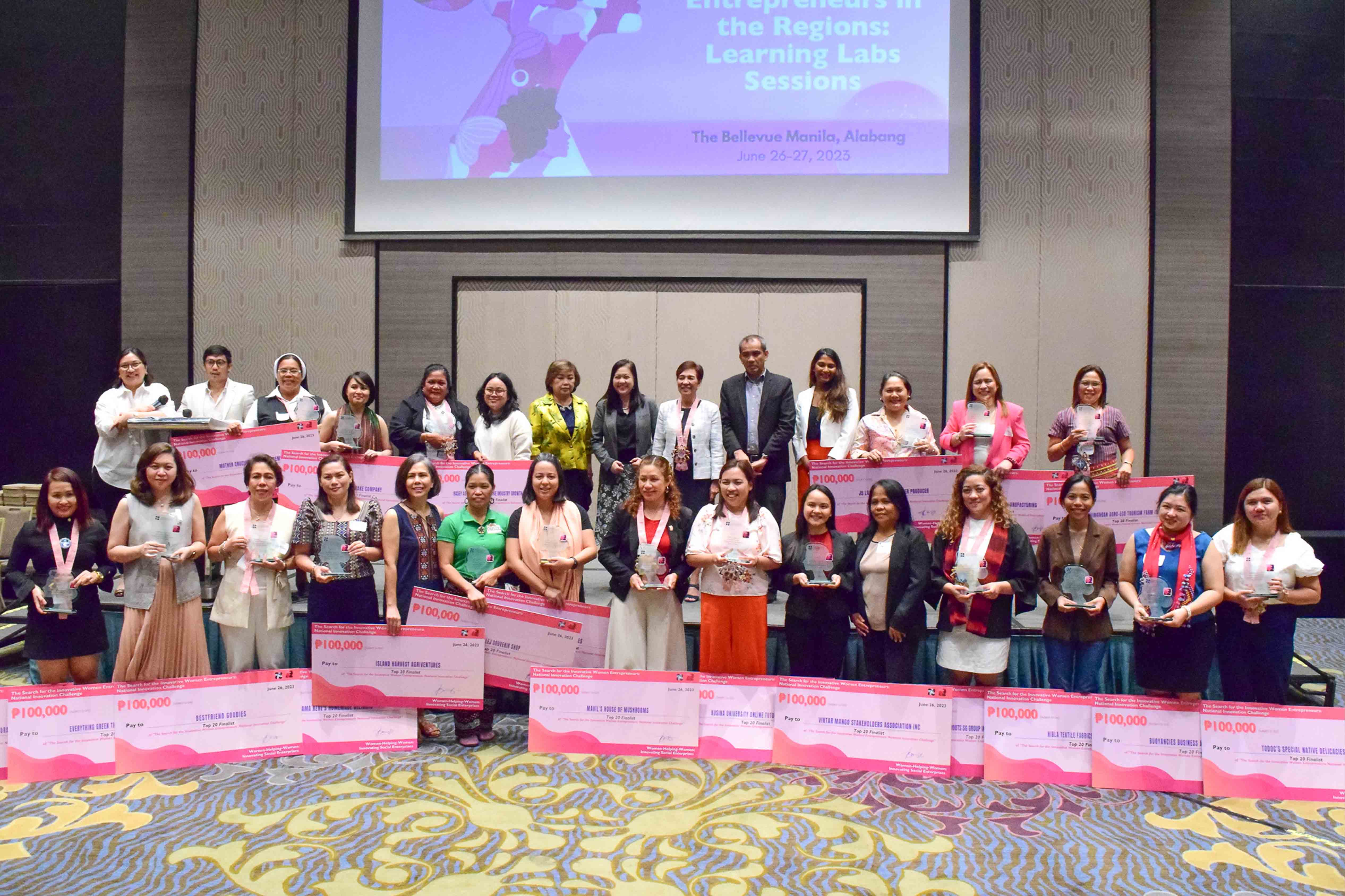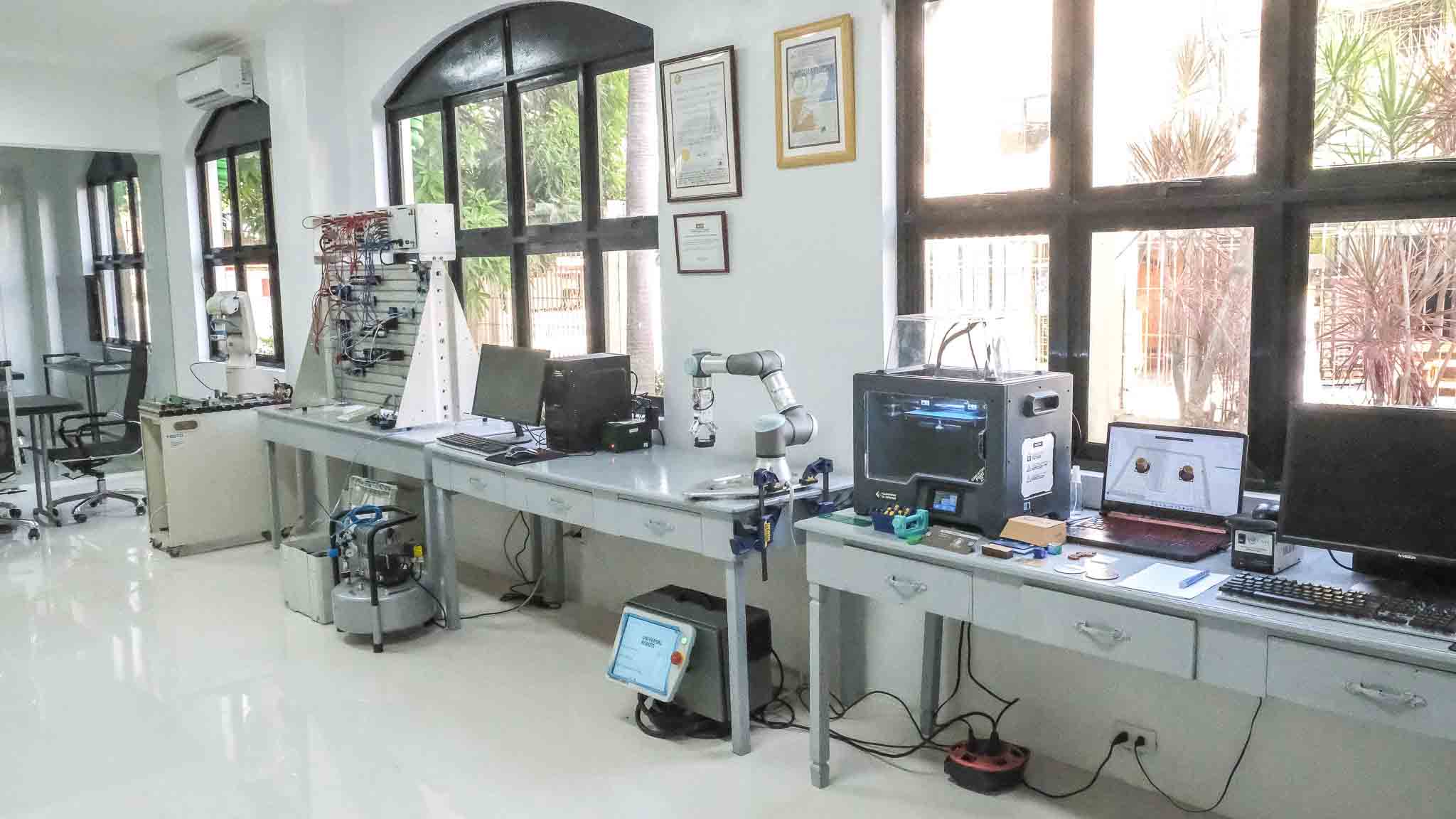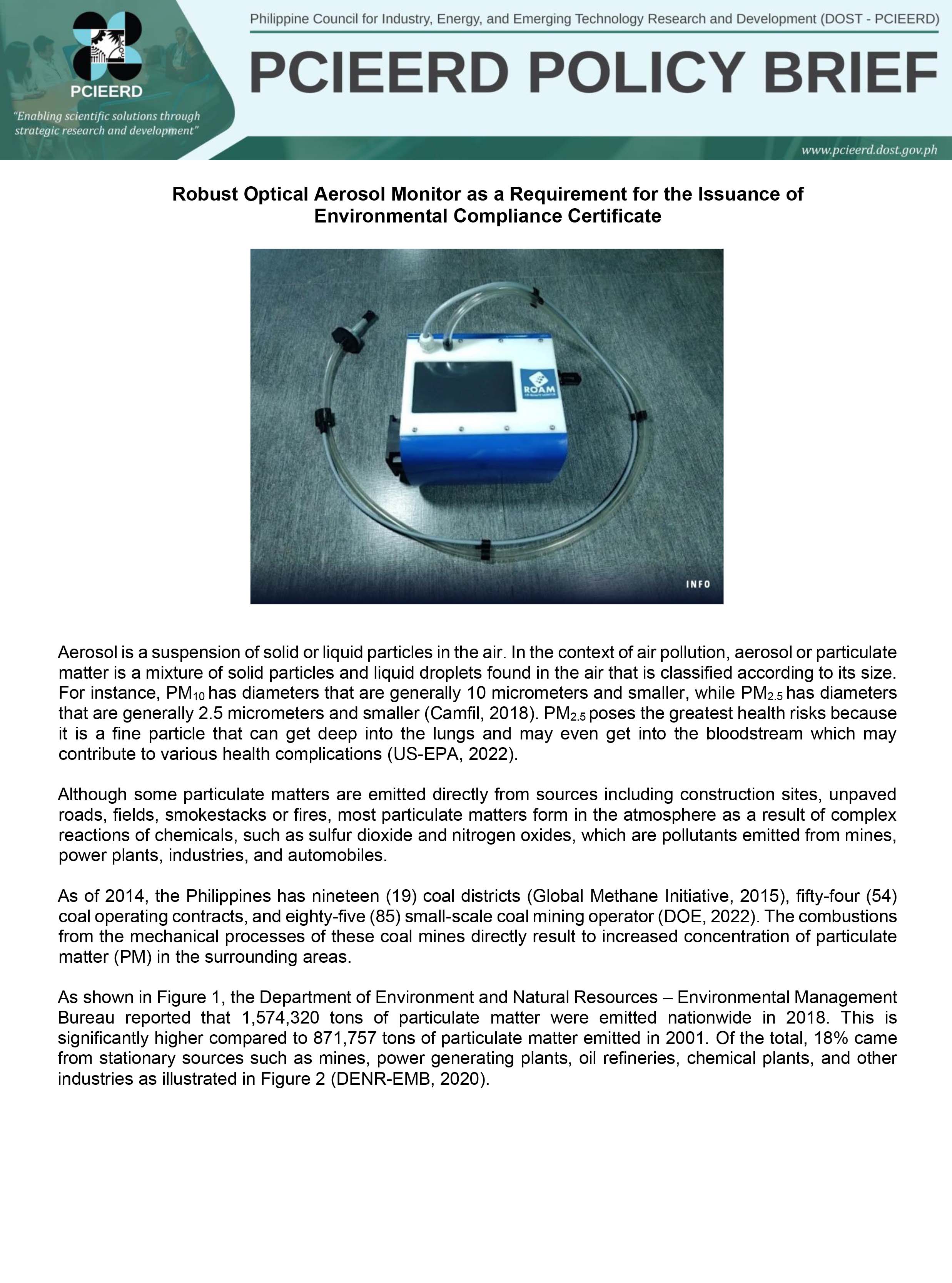Nabua, Camarines Sur—The Department of Science and Technology - Philippine Council for Industry, Energy, and Emerging Technology, Research and Development (DOST-PCIEERD) and the Camarines Sur Polytechnic Colleges (CSPC) officially launched the AI Research Center for Community Development o (AIRCoDE) on July 28, 2023, the first AI research center in the Bicol Region.
DOST-PCIEERD Executive Director Dr. Enrico C. Paringit lauded the state college for putting up the facility and expressed hopes that it brings forth innovations for the regions.
"CSPC is gaining momentum in its pursuit in developing its research capabilities, and we have no doubt that AIRCODE will be another success story for them and for the Bicolanos,” he said.
Dr. Paringit also recognizes the crucial contribution of AIRCODE to the 49 labs set up nationwide as part of the Infrastructure Development Program (IDP) of the council.
"To date, we have poured P234.4 million on cutting-edge lab equipment, infrastructure, specialized software, and other crucial operational needs for our research and development firms, he shared.
Project Leader Joseph Jessie Oñate stressed the importance of this facility and how it will help the town of Nabua, a catch basin for floodwaters from Albay.
"The Municipal Disaster Risk Reduction Management Office (MDRRMO) of Nabua's official report states that in 2020, not only was the Nabua school site flooded, but 18 of the 34 villages in the town were also waterlogged, and approximately 520 families, or roughly 2, 471 people, stayed at the evacuation camps, he said.
As part of the facility, the research titled Project Apaw: Spatiotemporal Forecasting of River Flood using Deep Learning is also carried out.
By August 2023, they also aim to install sensors in the affected areas, which will help them to fully utilize the center.
"This project will make a genuine difference by estimating flood levels and offering real-time notifications through websites, social media pages, and SMS in order to better prepare our community for calamities", explained Oñate.
In addition to addressing the urgent requirements of Rinconada communities, AIRCoDE will also strengthen the research skills of AI enthusiasts, including faculty members and students, to identify answers to the ten-year flooding crisis in Nabua. This will be done by focusing on deep learning, computer vision, and other AI approaches.
DOST Region V Director Rommel Serrano also shared how this facility is a game changer in the region.
“The Bicol region is particularly vulnerable to typhoons due to its topographical features (the Mayon and the sea) and location (a typhoon corridor). Nabua won't benefit from the center alone, but this highly significant project has the potential to be adopted by other towns in the region in the future and set a precedent for how artificial intelligence might be used to our advantage, he stressed.








